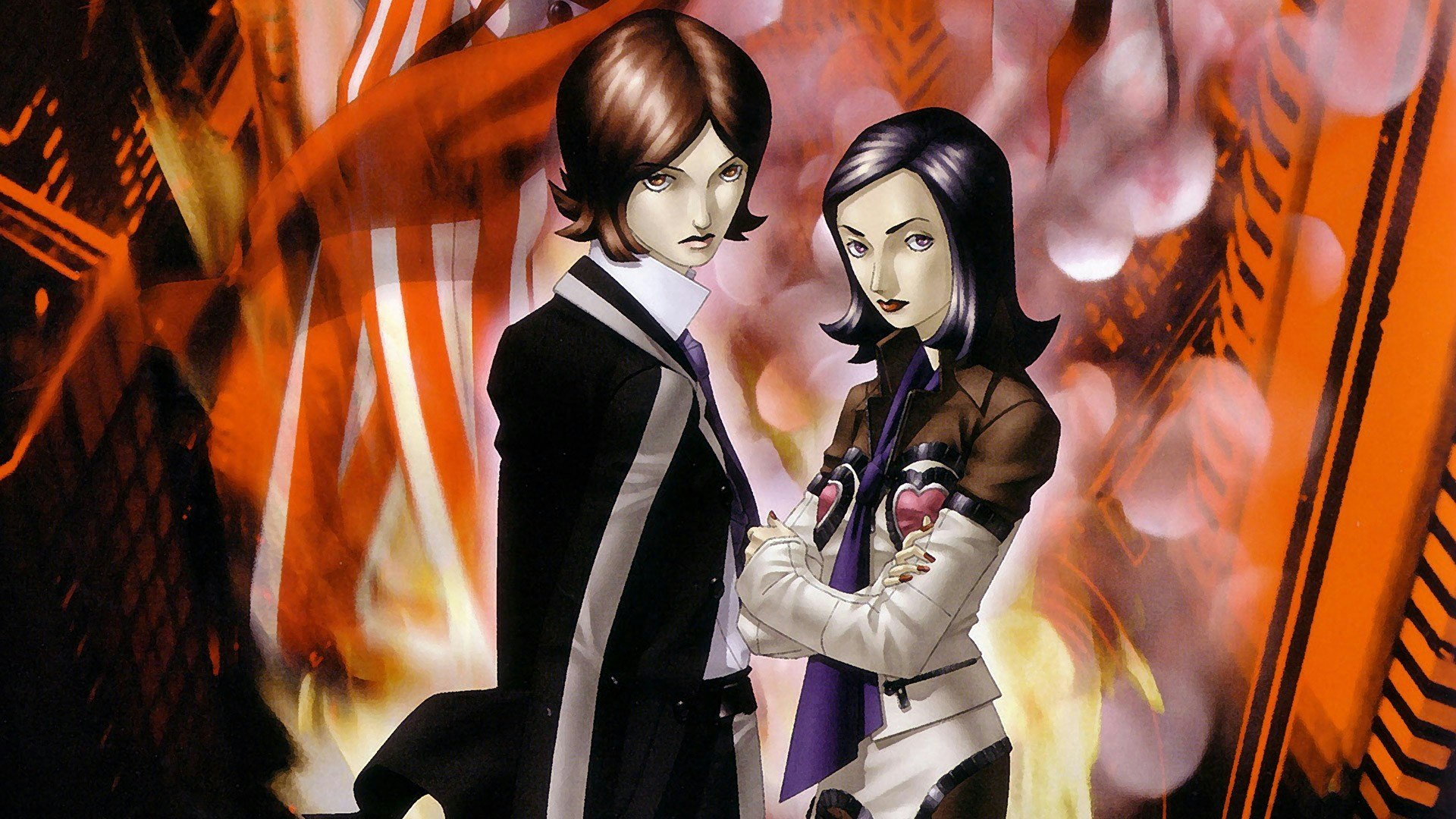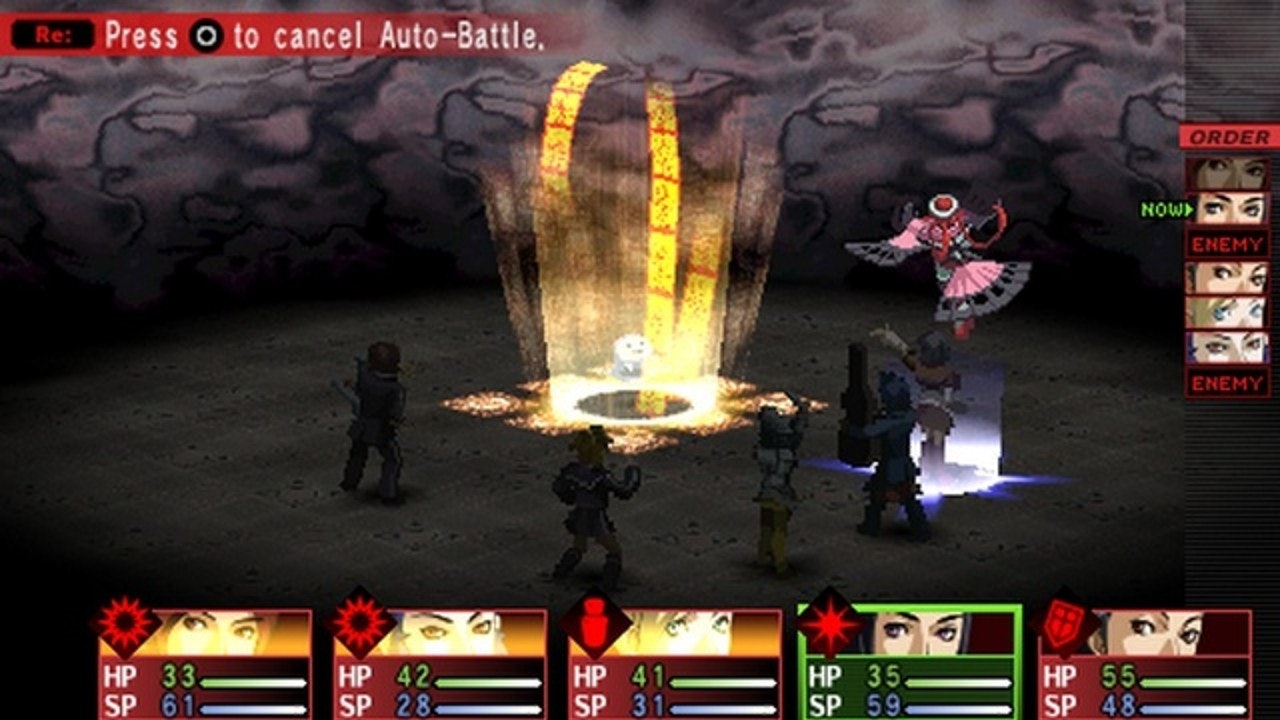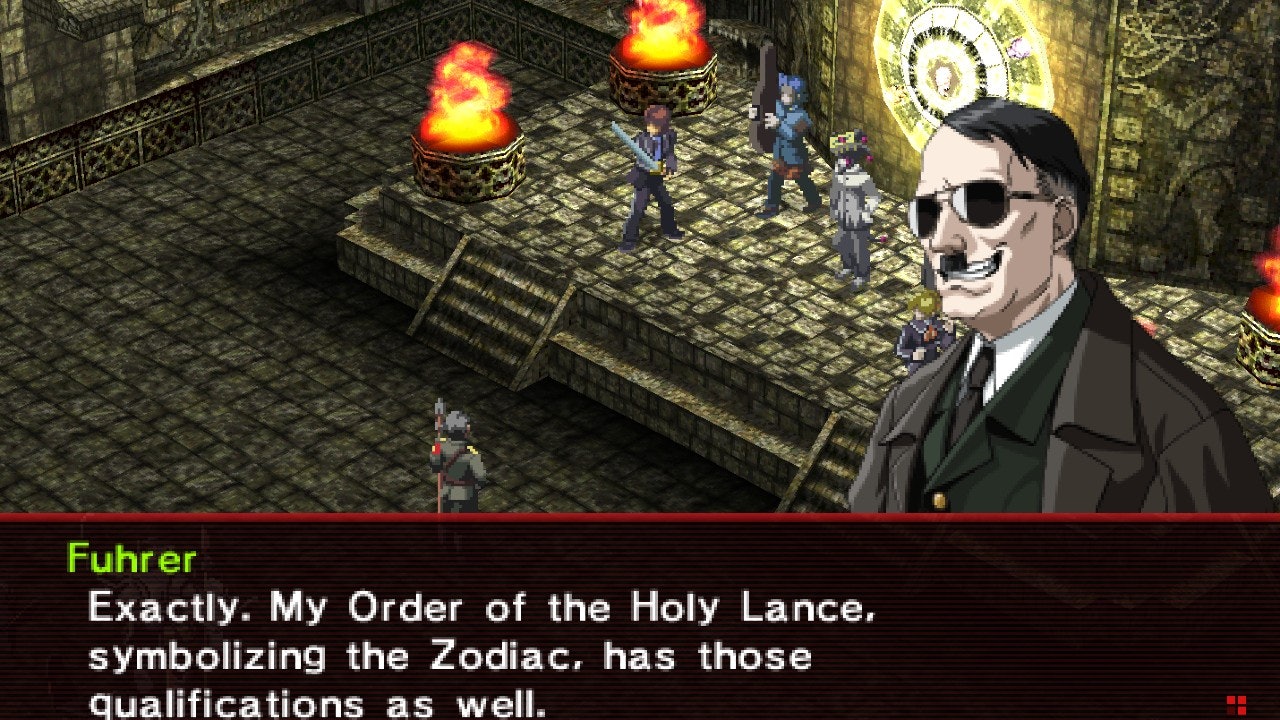
Persona has become one of the most celebrated RPG franchises in existence, beloved for its fascinating blend of high-school life, social simulation, and dungeon crawling. While that fusion of elements has become central to the series’ identity, it wasn’t always that way. What’s interesting, however, is that Persona’s very best story lies in a game that doesn’t get bogged down by social elements, a game that isn’t afraid to take wildly ambitious narrative swings. After 25 years, no other beloved Persona story can hold a candle to the Persona 2 duology.
Yes, if you didn’t know, Persona 2 is actually split into two separate games, Persona 2: Innocent Sin and Persona 2: Eternal Punishment. This isn’t the case of the second game being a sequel or a spinoff but literally the vital second part of the experience. What’s fascinating about this approach is the flavor it adds to the story with its two protagonists. The first game’s hero, Tatsuya, is a silent protagonist, but then has his own voice in the second game. Meanwhile, a party member Maya is a fleshed-out character who becomes a silent protagonist in the second game. This provides a unique coloring to each of their story arcs, making them dynamic in a way that other silent protagonists often fail to achieve. As a note, from here on out, we’ll refer to both games as a singular package.

That unique approach gives the two halves of Persona 2 each a unique flavor, but the real brilliance of its storytelling lies in its core conceit. Each Persona game has a big overarching concept that colors both its narrative and gameplay. For example, Persona 5 is about the collective unconscious influencing society, while Persona 3 is all about mortality and how the bonds we make can change our lives. Persona 2 is about what would happen if rumors could become reality.
This concept is used incredibly across Persona 2, not just crafting a gripping story, but creating social commentary on how the masses latch onto rumors and give them legitimacy they shouldn’t have. It’s a theme that feels even more relevant now than it did all those years ago, with the rise of Internet disinformation.
Persona 2’s setting of Sumaru City is your average boring metropolis, where students like Tatsuya and the rest of the party members go through their daily school routine without incident. But the sleepy little town grows weirder and stranger with every step of the story, turning into something virtually unrecognizable as rumors rage out of control. That’s really part of Persona 2’s biggest strength: how wildly its narrative can spin out of control into absurdity. This is a game that starts with you beating down bullies in the schoolyard and halfway through has you taking down the literal reincarnation of Adolf Hitler.

But the real ingenious stroke is how the game lets you influence its world. As you explore the city, you’ll come across various rumors that townspeople have heard, and you can then give these rumors to a detective agency you’re working with to spread them, eventually turning them real because of the supernatural powers at work.
These rumors are used to progress the main story but also create a web of subplots that you can see play out across the entire game. The whole city of Sumaru changes as you spread these rumors. NPCs’ lives and minds can change, you can bring new weapons or accessories into reality, or a new shop might appear in the city. Rumors are a great plot device, but Persona 2 finds a way to gamify the entire concept as well. It’s honestly brilliant how well the game manages to incorporate its theme into every facet.
But that’s not where Persona 2’s strength stops, as it also originated the idea of the characters’ “Personas” masking their true selves, like in Persona 4. Each and every party member in Persona 2 is a highly complex character, harboring some kind of secret or underlying personality. A huge part of the story is these characters coming to grips with their true selves and casting off the Persona they’ve created to influence how people perceive them, which then ties back into the whole idea of rumors and misinformation.

It’s honestly incredible how much Persona 2 is able to pay off its narrative ambitions, especially when coupled with breakneck pacing. It’s a good reminder of how later Persona games have pacing that suffered from the monotony of social simulation and the calendar system.
Anyone who loves the themes and tone of the Persona series absolutely owes it to themselves to play Persona 2, but there is a caveat. Unfortunately, Persona 2 isn’t all that fun to actually play. The combat system is abysmally slow, without all the innovations granted by later games. The dungeons can also seem needlessly obtuse and lengthy, which only compounds how much of a slog the combat can get. It also doesn’t help that the game isn’t playable on any modern systems whatsoever. The only way to officially play it currently is from the PS Store on PlayStation Vita, of all things.
More than anything, Persona 2 is the most deserving Atlus game for a remake, something that streamlines all of those dates elements but allows its fantastic story to really shine. Hopefully, the success of Persona 3 Reload might push Atlus to revisit more of its past.







